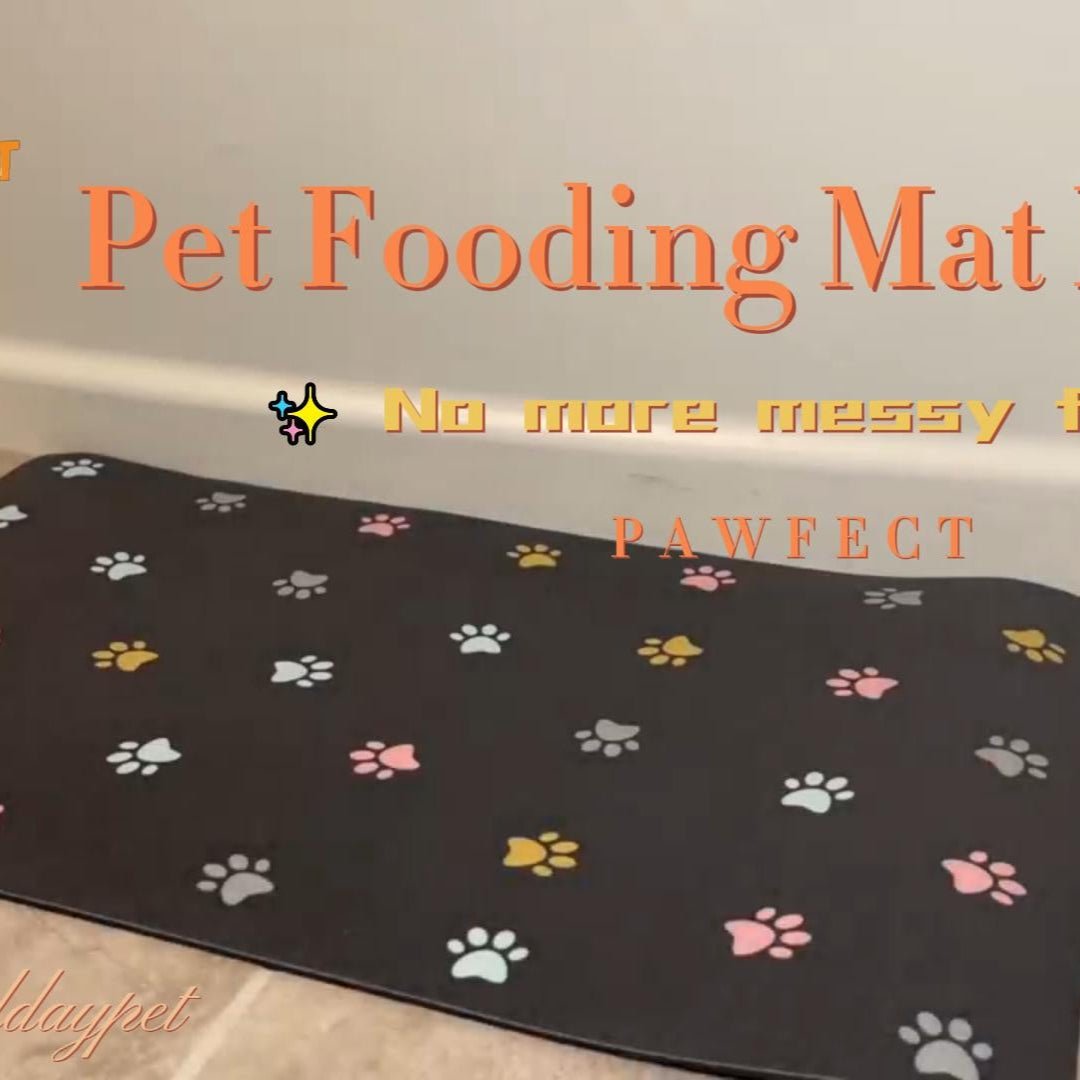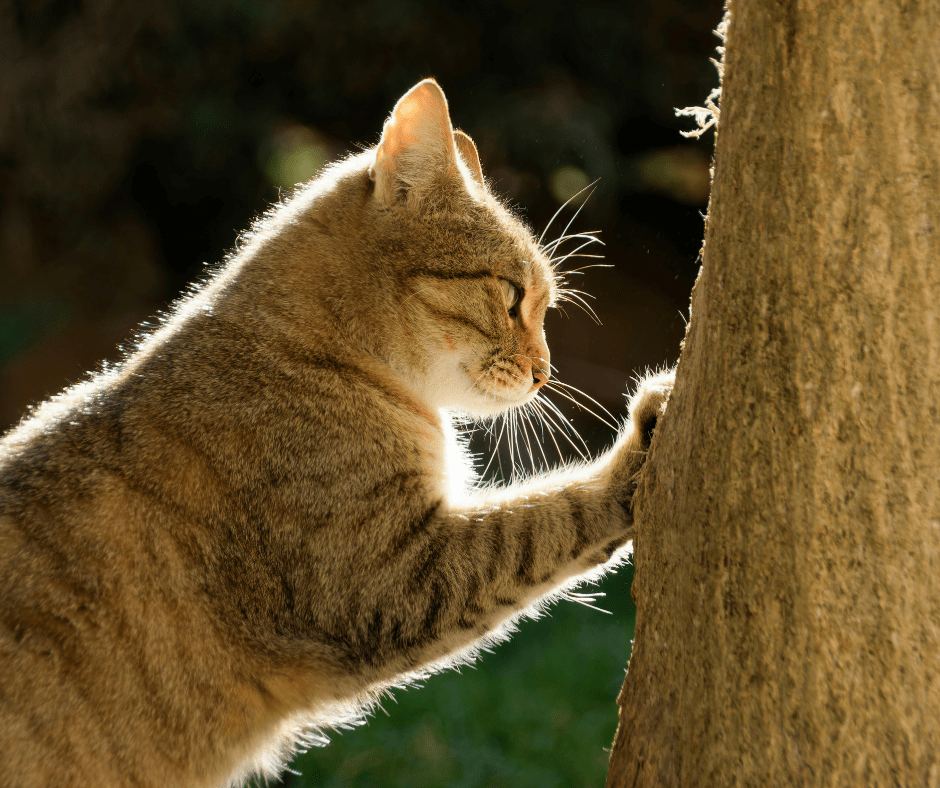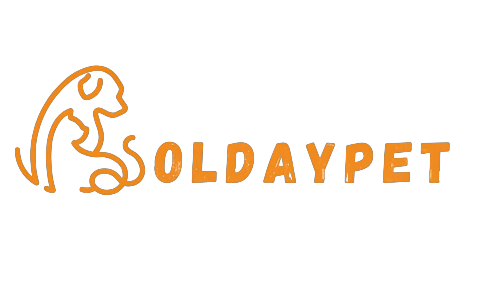






Best Material For Cat Scratching
For cat owners, the health of their beloved furry friend's claws is an important part of daily care. Typically, we can maintain their health by trimming nails regularly or applying a pet-safe paw balm in dry weather. However, beyond these human-assisted methods, cats also have another essential way to sharpen their claws—by simply stretching and scratching on their own.
To satisfy a cat's natural instincts while protecting our furniture, it's essential to provide materials that allow a cat to sharpen their claws. Cardboard, sisal, and wood are the three most popular materials. These materials are used to create scratching boards, scratching pads, and cat trees.
Choose a cat scratching mat, scratching board or cat trees?
Choosing the right one for your cat—whether it's a scratching board, scratching mat, or cat trees—can make a big difference in your cat’s comfort and your home’s condition. Understanding your cat's preferences and behavior is key to selecting the best option. The following guide will help you weigh the pros and cons of each, ensuring your furry friend has the perfect outlet for their scratching needs.
Sisal Cat Scratcher Mat:
The Sisal Cat Scratcher Mat is a practical, budget-friendly option for redirecting scratching behavior, but its simplicity and size may not suit all cats. Weighing these pros and cons can help you decide if this mat is best for your feline friend.
Pros and Cons of the Sisal Cat Scratcher Mat
|
Pros: |
Cons: |
|
Durable Material |
Not all cats like it |
|
Protects Furniture |
Initial Resistance |
|
Portable & lightweight |
Size Limitations |
|
Easy to Clean |
|
|
Natural Material |
|
Cardboard Cat Scratcher Pad:
The Cardboard Cat Scratcher Pad is a budget-friendly, catnip-friendly option that many felines love to shred. However, its shorter lifespan and messiness may frustrate owners of vigorous scratchers.
Pros and Cons of Cardboard Cat Scratcher Pad
|
Pros: |
Cons: |
|
Recyclable |
Creates Debris |
|
Encourages Natural Behavior |
Short Lifespan |
|
Lightweight |
Can Look Untidy |
|
|
Less Durable Than Sisal |
|
|
Not Ideal For Heavy Scratchers |
Solid Wood Cat Tree
A Solid Wood Cat Tree is a premium, investment-worthy choice for large or energetic cats, offering unmatched durability and stability. While it is a long-lasting investment, it comes with a higher cost and may be heavy and difficult to assemble. Evaluating these pros and cons can help you decide if this cat tree is the right choice for your home and your feline companion.
Pros and Cons of Solid Wood Cat Tree
|
Pros: |
Cons: |
|
Stability |
High Cost |
|
Aesthetic |
Heavy |
|
Non-toxic |
Difficult to Assemble |
|
|
Requires Space |
|
|
Limited Designs |
Remember, cats might survive without fancy toys or treats—but they absolutely NEED something to scratch. After all, no one wants to come home to find their brand new living room sofa shredded, the corners of the bedroom mattress exposing the foam and ready to be retired, the toilet paper in tatters mirroring your broken heart, and even the carpet not spared, with threads pulled and unraveling.
